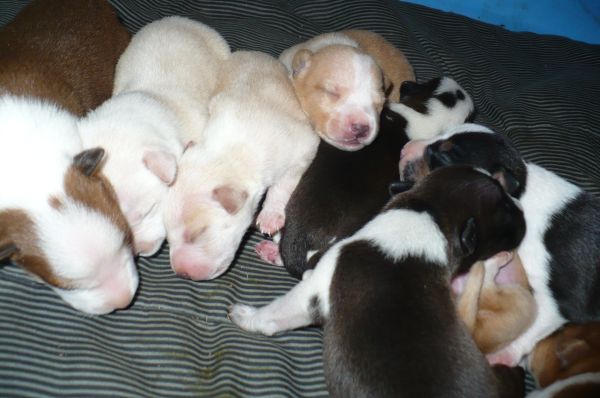Did you know that a breast feeding female cat can get pregnant while still nursing her babies? Dogs usually have 2 litters in a 12-14 month period, but the size of the litter can range from 1-12 puppies (or more). Imagine caring for that many babies and needing enough daily nutrition for them as well as those forming in the womb.
These reproduction facts clarify the need for community sterilization programs. Free roaming groups of cats and dogs can pose a threat to humans, pets or properties. They can also spread infections and disease plus breeding at will results in more unwanted animals born.
Many communities have large colonies of un-owned cats. Cats that might be feral (wild and unapproachable) as well as cats that live both inside and outside of home. Some counties have trap-neuter-return programs where cats are trapped, transported for surgery, and returned to where they came from to be cared for by their owner. Unsterilized dogs living outside on a chain or roaming free only add to overpopulated areas in the community. While many NC counties have spay/neuter programs in place, others have none.
Our mission is to provide low cost spay/neuter programs to aid community pets, reduce the number of unwanted litters and reduce euthanasia in shelters.

